Here at Tunage, not only are we focused on the greatest music of San Diego, but we
also focus on those behind the music—people like Derek Roy. Derek is a recording engineer
who studies at the Art Institute of California in San Diego. He’s very involved with music—he’s a
sales associate at Hot Topic, one of the only popular music and fashion retail stores around SD,
and he also created his own recording group. D.R Studios, as he calls it, has worked with bands
like Darling You’re Stunning, Ditches, Savage, Nick Gegan, Canavar, H Street, and Dave Owens.
D.R. Studios’ mission is to supply quality recordings for your budget.
Have you ever wanted to learn how to record music or do the techie stuff at live shows?
In this article, you’ll learn just what Derek does and where he got the tools to do it.Tunage: What exactly is a recording engineer?
Derek: A recording engineer is a person in charge of the technical side of making music. [It can
consist of] setting up microphones and capturing sound while the band is playing. It seems like
a kind of “background role,” but it is a very important role to the recording process. A lot of
the time a recording engineer even takes on the roles of producer, band manager, and outside
mediator for each session of recording.
T: When did you decide to pursue this career?
Derek: How did I decide to pursue a career as an audio engineer? I started off wanting to
become a musician, and at first thought that learning to record, mix, and master would help me
get my foot in the door of the music industry, but as time went on I slowly started recording
more and more bands and found it extremely fun, and really decided I wanted to do more of it.
T: How do you feel about the classes that teach you how to do your job?
Derek: I love learning all that I can about audio engineering, and it is amazing to be able to
have so many places to learn about it. Besides getting to work with other skilled people and my
teachers, [I learn] from classes to online videos and forums as well as all the books I read on
the subject.
T: What is it that you love about music and sound?
Derek: I think the thing I love about music is the emotion that is involved. There are people
who, due to Alzheimer [for example], have long stopped functioning normally, but when they
hear some songs from when they were young they have this emotional memory so strong
that it surpasses the limits of their mental capabilities. It is just such a powerful thing that it is
hard not to be amazed at how music affects everything in life around us. I'm always amazed
whenever I meet someone who says they don't like music. Music is just an essential part of
life.
T: What is an average recording session to you?
Derek: To me, a recording session is a chance for me to take what an artist is working on and
really make it shine. I get to take that song and inscribe it in a media where it can be enjoyed
by anyone at any time at their convenience. I like the fact that I can do that for a band and
help them do a better job as a whole.
T: What is one thing that a band can do to make the session easier and quicker?
Derek: When bands come in it is always good for them to have their songs well-rehearsed,
especially to a set tempo on a metronome. You have no idea how much it helps in the
recording and mixing process to have a band that is on beat and not flowing all over the place.
Another helpful hint to recording [well] is being able to show up on time. A lot of bands show
up late to a session due to issues such as getting a ride. What I would suggest is to always
leave an hour before any session; it gets you there on time and helps to keep us from sitting at
the studio doing nothing for a while.
T: What is the toughest thing a band can do while you're recording them?
Derek: I don't really think I've encountered too many tough things a band did when recording.
It would just be the opposite of what I said previously. If the band hasn't rehearsed and can't
play on the click, it causes lots of problems.
T: Do you have a goal that you want to achieve with your profession in the next 10
years?
Derek: In the next ten years I would really like to be in studios recording and mixing music. I
hope to have a good name while running a professional company.
T: What do you think of the music industry in today's time?
Derek: The music industry kind of sucks to tell you the truth. There are too many bad bands
making it big these days while plenty of original talented musicians struggle to get their stuff
going anywhere. Aside from that, artists really don't make any money off their music anymore
and have to get paid by playing shows. Besides that, the prices of most tickets for concerts are
absurd, having inflated insanely from 3rd party buyers and bands overcharging to make up for
the loss of money in music sales. I would really like to see less of these super famous bands
and more [of the] middle class musicians who sell their music and get all the money from it.
T: Do you believe that you are a critical part of the music industry?
Derek: I feel that recording engineers will always be an important part of the music industry
and will never really go away. As for me, I am slowly getting there by working with as many
people as I can to play a bigger role in the music industry.
T: If you had any advice to give to an art student looking for a job as a recording
engineer, what would you tell them?
Derek: I'd suggest that [they] network and learn as much as possible because opportunities
will come out of nowhere and [they] need to be able to jump on them before anyone else does.
Are you a band who wants to start recording music?
Get in touch with Derek through his info:
Derek Roy
760 533 0849
[email protected]D.R Studios Independent Recording
You can find his stuff on Soundcloud at
http://soundcloud.com/d-r-studios.- TunageWritten by Jordan Mafi
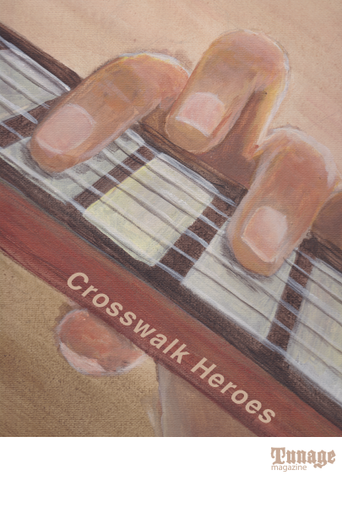
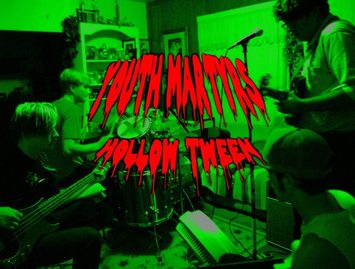
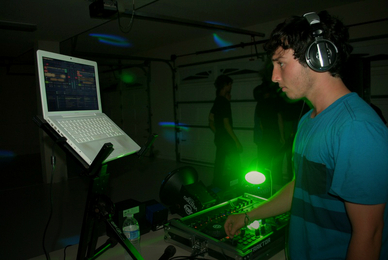
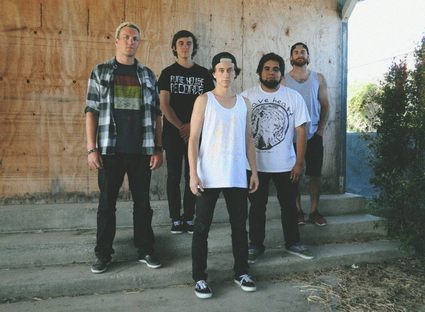
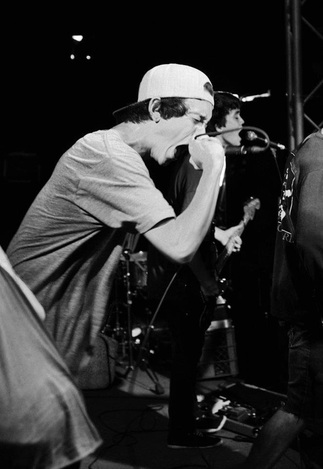
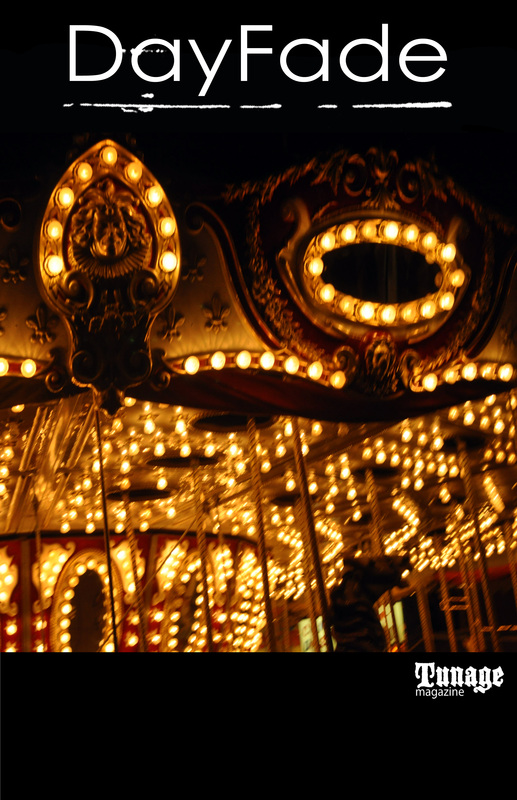
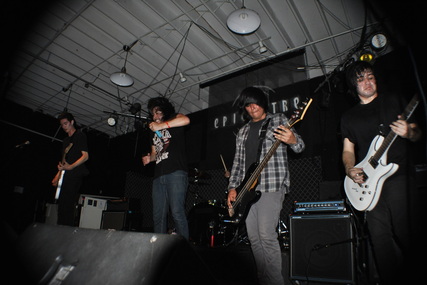
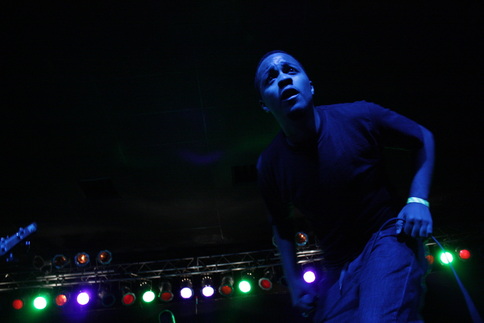
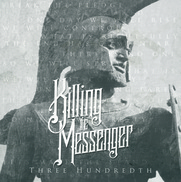
 RSS Feed
RSS Feed